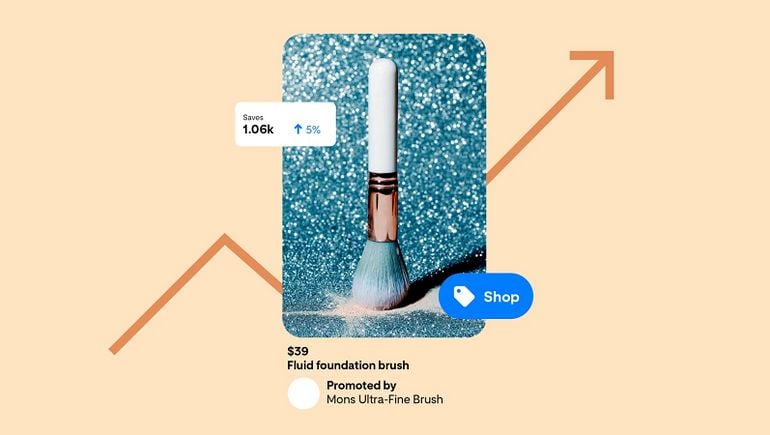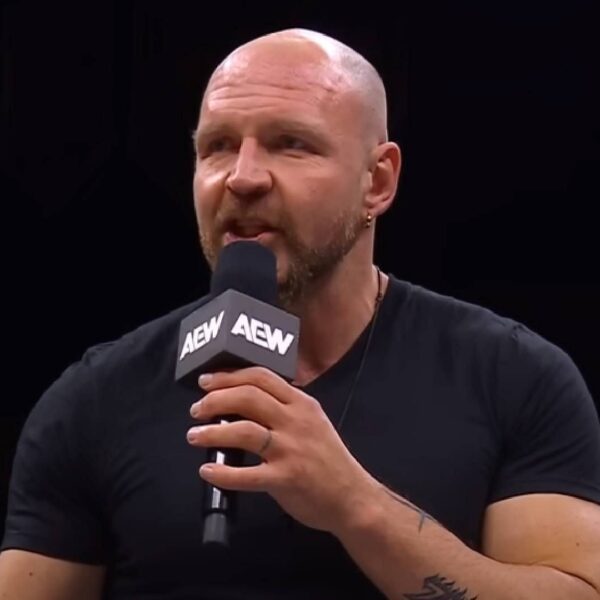Meta’s going all-in on AI, with CEO Mark Zuckerberg now driven to reach his new goal of automated “superintelligence,” which could see Meta eventually crack the code on enabling truly transcendent machine learning systems.
But it’s not only in large-scale applications that Meta’s seeing gains from AI, with the company also applying its AI models to more elements of its apps, and powering improved algorithmic matching to keep people using Facebook, Instagram and Threads for longer.
Indeed, within its Q2 performance report, Meta noted that AI recommendations have continued to boost video engagement across its apps.
As per Meta:
“In Q2, Instagram video time was up more than 20% year-over-year globally. We’re seeing strong traction on Facebook as well, particularly in the U.S. where video time spent similarly expanded more than 20% year-over-year.”
In broader terms, Meta also notes that its AI recommendations have led to a 5% increase in time spent on Facebook, and a 6% on Instagram this year.
But video remains the key focus for IG and Facebook engagement, with Meta also reporting back in April that Reels clips now make up 50% of all time spent on IG.
If you’re looking to maximize your Facebook and/or Instagram engagement, video content needs to be a consideration, with its AI recommendation systems now pushing more relevant video to more users.
This shift is also notable because earlier in the year, as part of Meta’s defense against an FTC antitrust case, the company admitted that Facebook’s and Instagram’s share of time spent among social media apps had declined significantly, with most personal interaction shifting to messaging platforms instead.
The latter part here is nothing new, as we’ve covered the broader shift to messaging pretty extensively. But it is interesting to note that AI, and AI-recommended video content specifically, is now helping Meta to right the ship in this respect, and keep more people around in its apps for longer.
“These gains have been enabled by ongoing optimizations to our ranking systems to better identify the most relevant content to show. We expect to deliver additional improvements throughout the year as we further scale up our models and make recommendations more adaptive to a person’s interests within their session.”
Meta has also been able to promote more original content, which was another major focus of its algorithmic advancements.
Last month, Meta announced an algorithm update which is designed to demote “unoriginal” content, in order to boost material from original creators, while last year, Instagram removed aggregator accounts from recommendations, and has since sought to replace re-posts with original content in the same where possible.
And according to Meta, those efforts are seeing more traffic being driven to original creators:
“On Instagram, over two-thirds of recommended content in the U.S. now comes from original posts. In the second half, we’ll be focused on further increasing the freshness of original posts so the right audiences can discover original content from creators soon after it is posted.”
This is critical for Meta to maintain its connection with creators, and without them, it’s simply not going to be able to capitalize on its opportunities.
If original creators go elsewhere, they take their audiences with them, and as Meta moves into the next stage of its Metaverse/AR/VR plan, it’s going to need original content creators to maximize audience interest in these new experiences.
As such, ensuring that original creators get priority is an important shift, and Meta says that its systems are getting better on this front.
Meta also says that it’s been using its evolving AI tools to improve content recommendations on Threads:
“The incorporation of LLMs are now driving a meaningful share of the ranking-related time spent gains on Threads.”
While it also continues to update its AI-powered ad tools, including automated targeting.
“This quarter, we expanded our new AI-powered recommendation model for ads to new surfaces and improved its performance by using more signals and a longer context. It’s driven roughly 5% more ad conversions on Instagram and 3% on Facebook.”
So it’s not just superintelligence, and Meta’s massive investment in the bigger picture AI projects that’s driving its approach, it’s also applying its AI models to all elements of its apps, and driving notable performance improvements in each.
Which is also notable for advertisers, and those looking to make best use of Facebook and Instagram for marketing. Now, Meta’s systems are getting better at showing your content to just the right audiences, based on an evolving array of algorithmic indicators, as assessed by AI.
That could present new opportunities within your approach.














